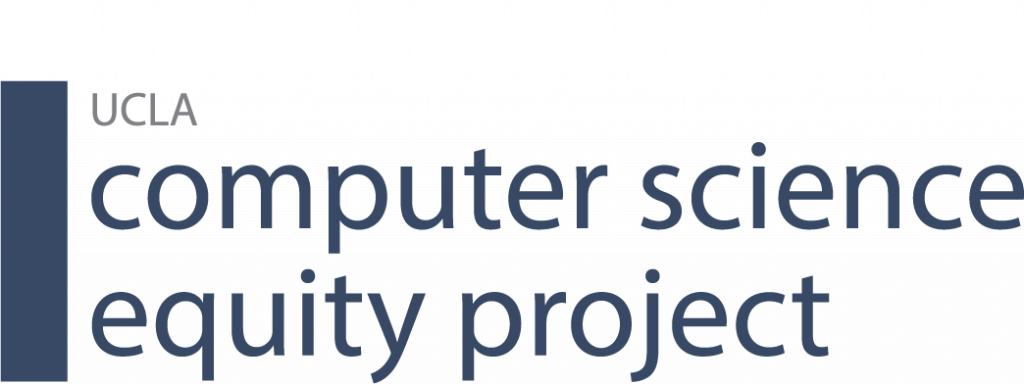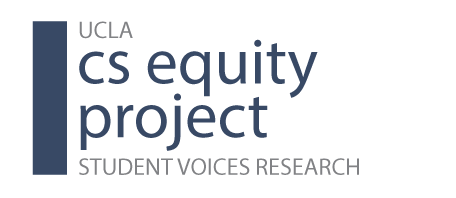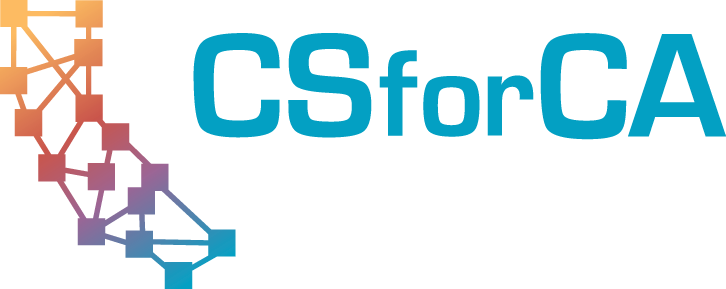Siegel Family Endowment
How the UCLA Computer Science Equity Project is advocating for equity in CS and active civic participation
Housed at Center X in UCLA’s School of Education and Information Studies, the Computer Science Equity Project consists of several major research and policy projects focused on equity in CS K-12 education. Taken together, these projects aim to challenge traditional CS education, which has historically produced and reproduced inequality, leading to underrepresentation of students of color, low-income students, and women in the field of computer science. In response, the CS Equity Project produces scholarship, forges partnerships, and creates resources and learning opportunities that shift pedagogy, broaden participation, and increase accessibility of computer science education.
During this Computer Science Education Week, we chatted with four leaders at Center X’s Computer Science Equity Project to understand why equity is an important lens in developing computer science education opportunities; how and why the CS Equity Project is uniting research and practice; and what communities can do to advance the cause. Jean J. Ryoo, Julie Flapan, Roxana Hadad, and Paula Nazario share their thoughts in this interview.
The tagline of the Computer Science Equity Project is “democratizing K-12 computer science education.” What does that mean to you? And why is that so important?
Democratizing K-12 computer science education means that we ensure all youth have access to meaningful learning experiences with computing that not only prepare them with the content knowledge and skills necessary to design and create with tech (regardless of their career pathways), but also the critical thinking abilities to both question and understand human relationships with computer science for community well-being and active civic participation.
More specifically, we believe that all people must learn computer science so that they can understand and benefit from the positive possibilities of technology—for example, the development of COVID vaccines, improving quality of life for people with disabilities, etc. We also believe that it’s important to question and challenge the negative impacts of computer science creations—for example, racist and sexist artificial intelligence tools, or computing algorithms used in healthcare and education that deny Black and Brown communities equal access to medical assistance or university opportunities based on racist code. We want all people to be critical consumers and thoughtful creators with computer science because technology touches all aspects of our daily lives—from how we buy things, vote, learn, communicate—as well as all industries and fields.





